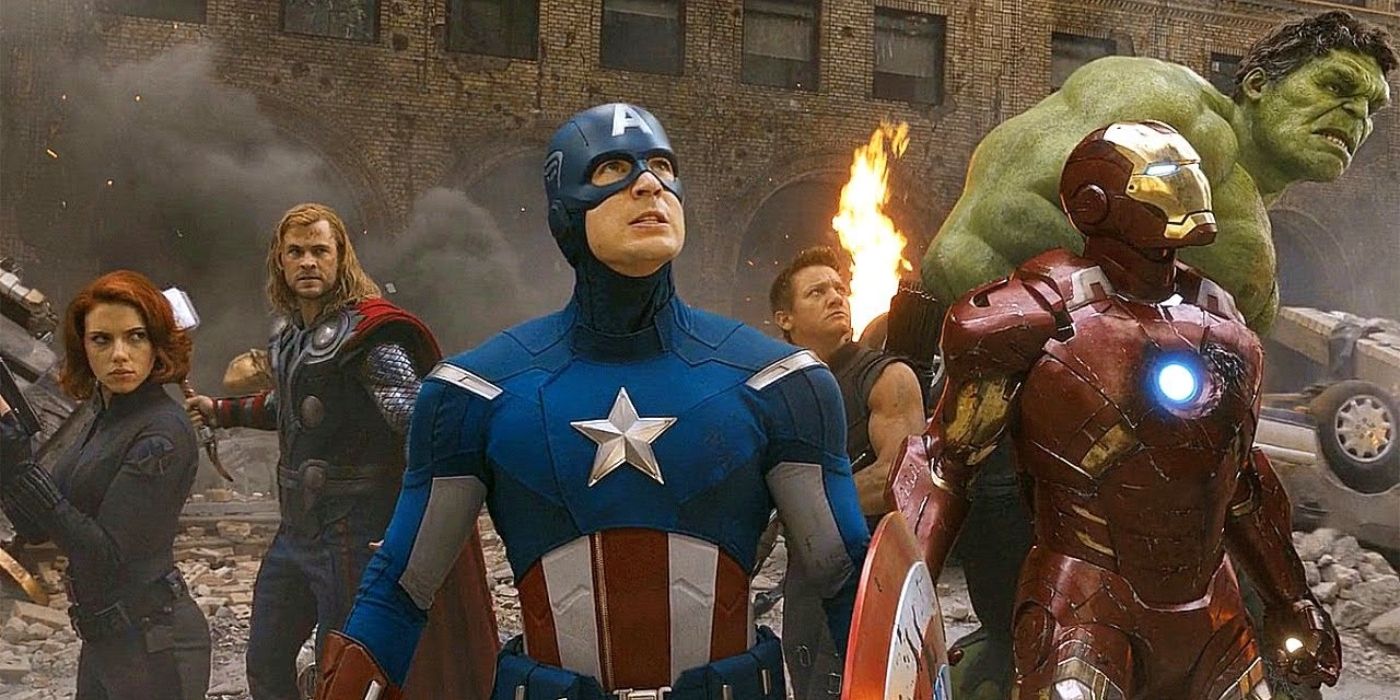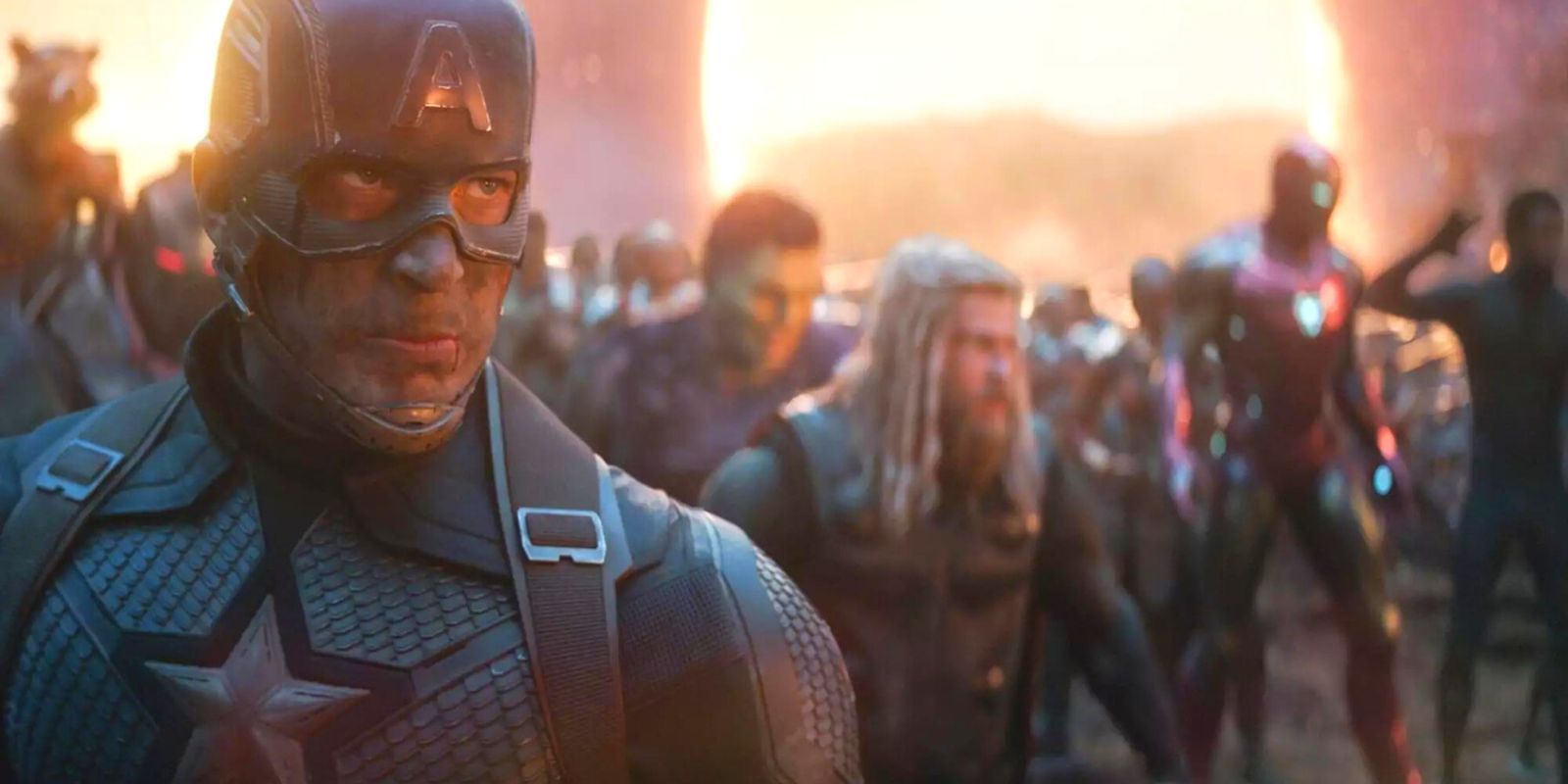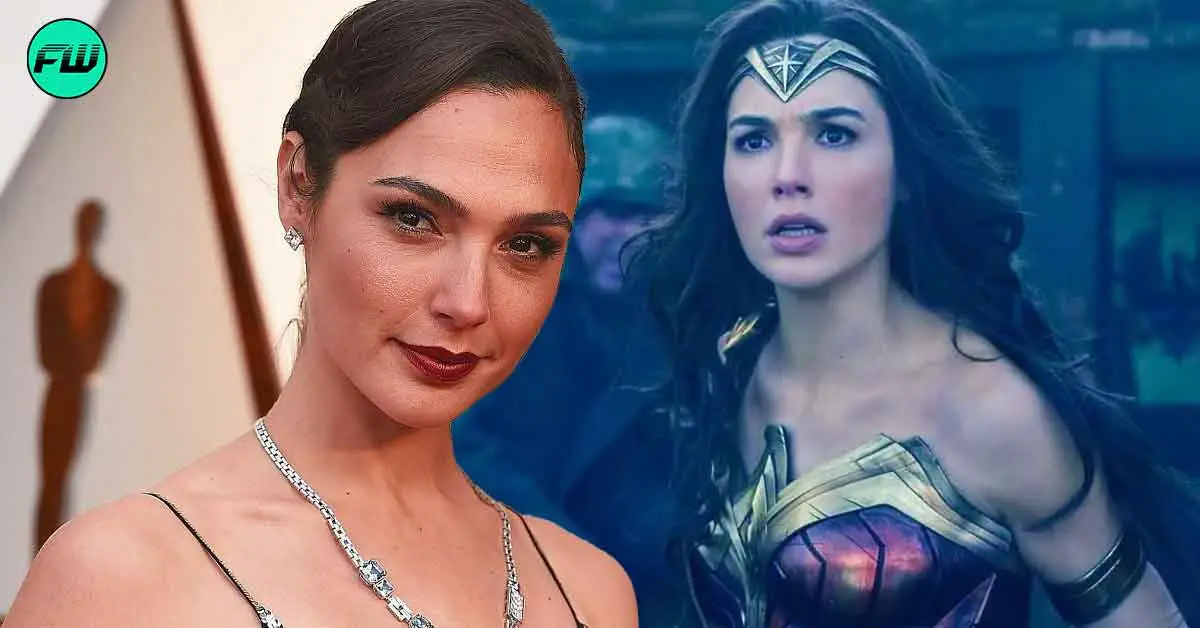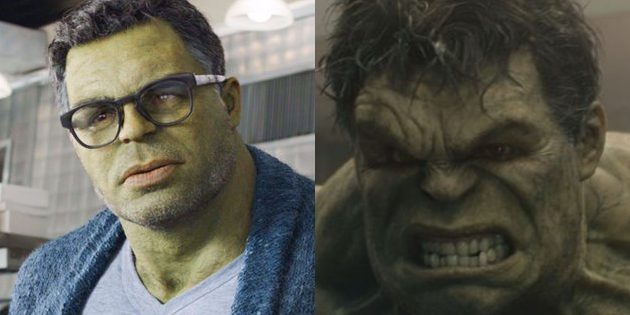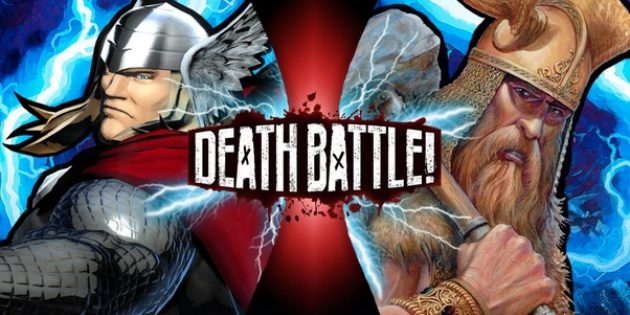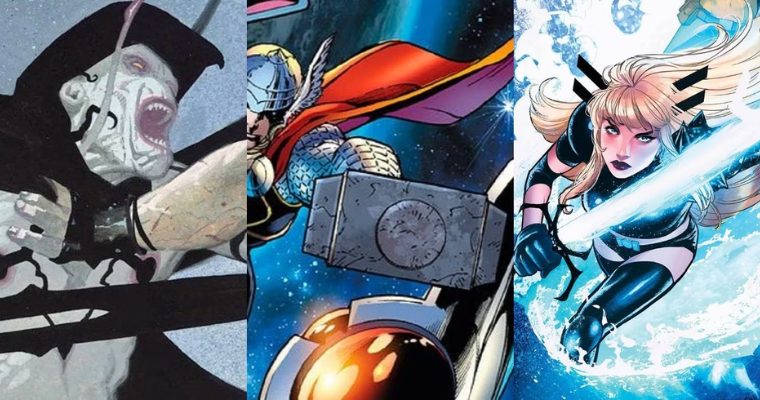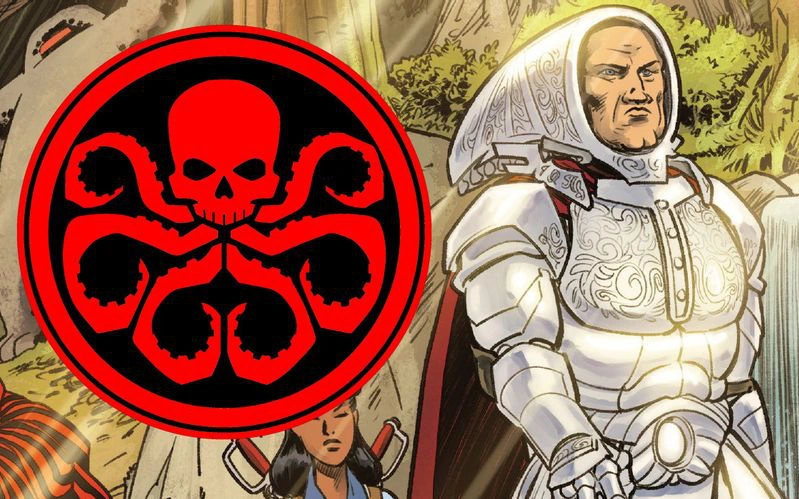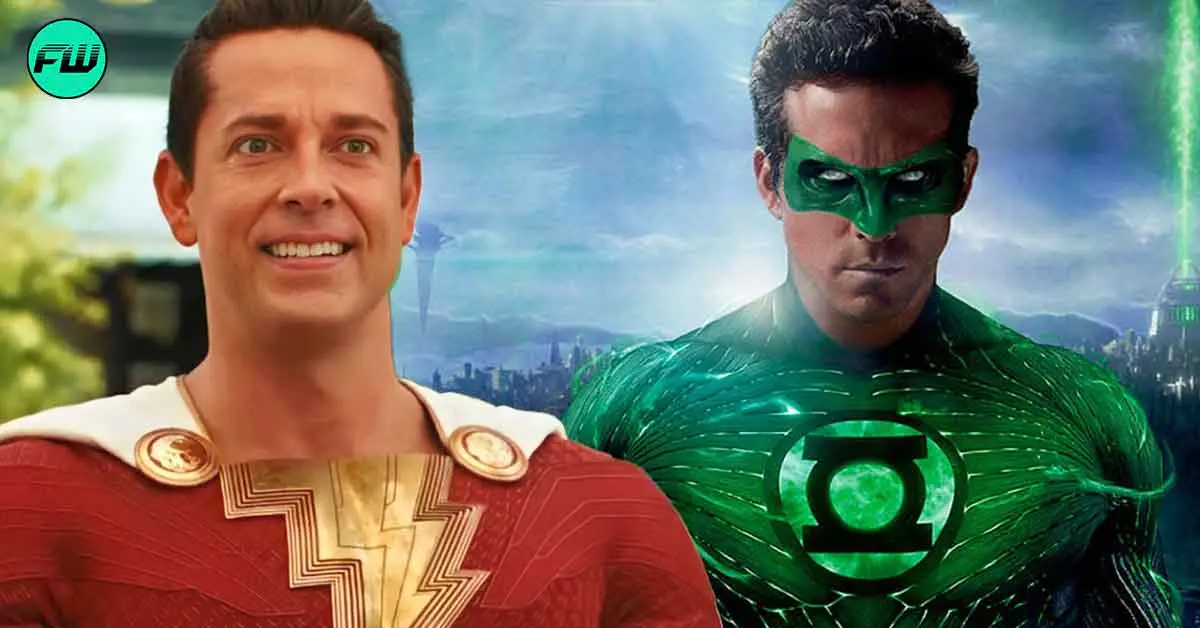The MCU has had many questionable elements — especially in its earlier projects during Phase 1.
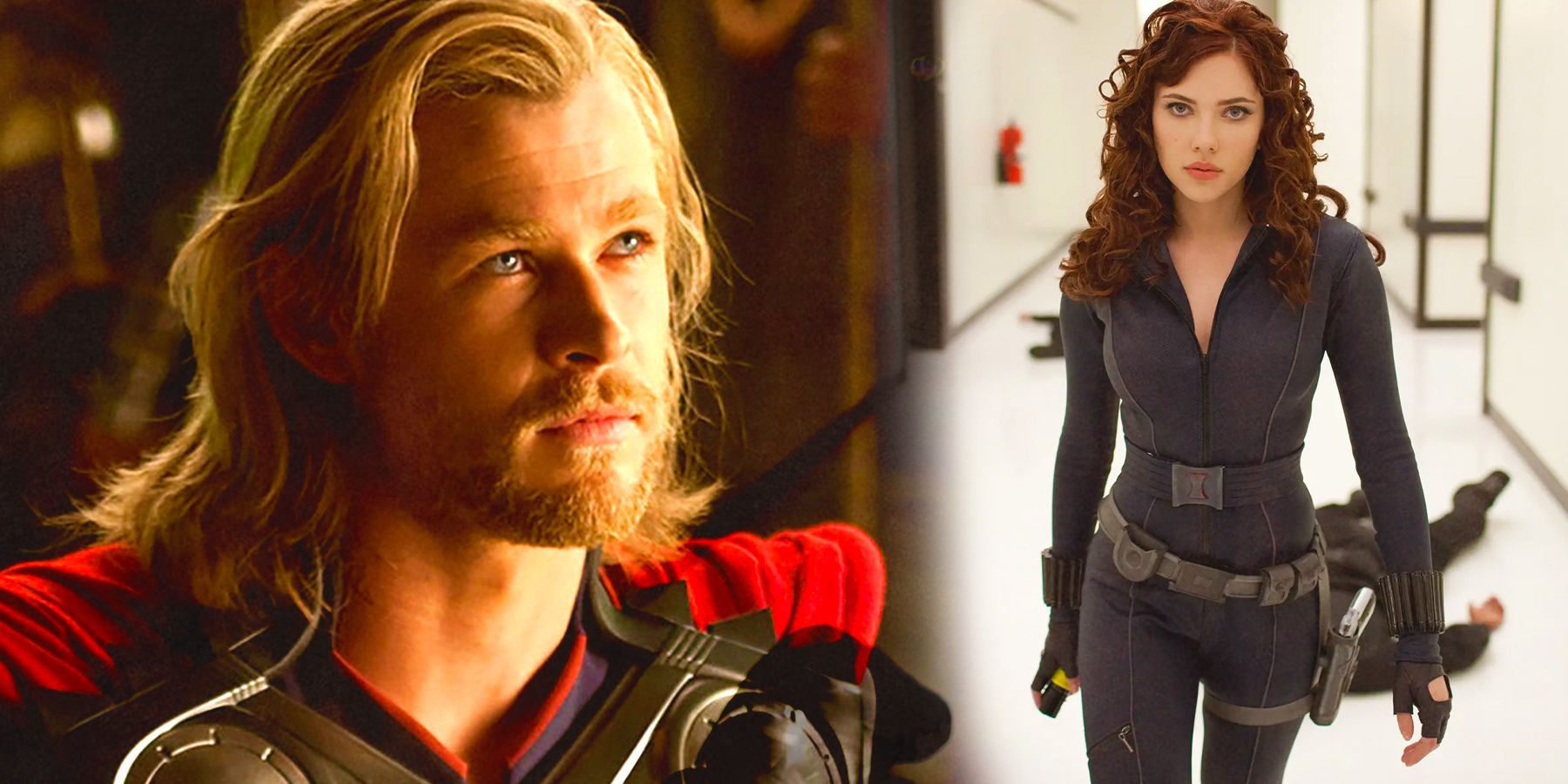
After Iron Man premiered in 2008, the Marvel Cinematic Universe expanded into a more prominent franchise than anyone could have expected. The MCU wrapped up Phase 4 in 2022, is currently in Phase 5, and has plans to extend into at least Phase 6. The MCU has inarguably changed cinema through its 31 movies and 12 series. Regardless of its influence on the movie industry, the MCU has had many questionable elements — especially in its earlier projects.
RELATED:How To Watch The MCU’s Infinity Saga In Chronological Order
From cringe-worthy jokes to poor characterization, Phase 1 of the MCU feels like an experiment. It’s hard to look back and notice how different everyone’s favorite characters were or how poorly the scripts have aged. Fans are glad the MCU has improved, but some of its elements truly aged poorly.
Updated by Lauren Turner on February 25, 2023: The MCU is a mega-popular franchise with many devoted fans. However, some aspects of Phase 1 are viewed more critically as the years go by. Marvel fans will always be interested in details like this, so we’ve revamped this list with even more information.
15Toxic Romances
Phase 1 of the MCU hit the mark in several areas, but romance wasn’t one of them. Although the first few films kick off some of the best couples in the MCU, most romances before Iron Man 3 are either barely developed properly or deeply immature.
Women in Phase 1 served as rehab centers for men, with Pepper only being useful for Tony Stark at his lowest lows and Betty Ross dealing with Bruce Banner’s self-destructive habits until she simply disappeared from the franchise. Some of these characters formed beautiful couples in later phases, but they were toxic initially.
14Thor’s Wig
When the MCU finally announced Thor would join the franchise in 2011, fans rejoiced. Unfortunately, they couldn’t help but cringe when they saw his hair. Chris Hemsworth did a great job portraying the God of Thunder with his old English dialect, but his pale blond hair and bleached eyebrows did not belong in the movie.
Marvel was trying to emulate the Norse god look, but the lousy wig has aged especially badly. Fortunately, Thor has since evolved as a character and his physical appearance changed. For Thor: Ragnarok, Hemsworth got a shorter haircut and stuck to his natural hair color.
13Hawkeye’s Early Neglect
Since Phase 1 focused on introducing the Avengers, it’s impossible not to notice how little the MCU cared about Hawkeye. In fact, it wasn’t until Avengers: Age of Ultron in Phase 2 that Clint was given a background when the Avengers met his family.
Fortunately, Avengers: Endgame and Hawkeye did a much better job of exploring his role as an Avenger, a father, and the misguided antihero, Ronin. Phase 1’s Clint Barton is essentially a supporting character compared to other members, except maybe Black Widow.
12Jane Foster’s Plainness
Natalie Portman first joined the MCU as Dr. Jane Foster, an expert astrophysicist who found Thor when he was banished to Earth and became his love interest. Unfortunately, she was remarkably plain as a character. This changed when Taika Waititi reimagined her as The Mighty Thor in Thor: Love and Thunder.
RELATED:10 Most Attractive Marvel Heroes
Now that Jane has officially entered Valhalla — having sacrificed herself to defeat Gorr and save all the universe’s gods — Thor and Thor: The Dark World are just hard to watch. Both films completely wasted Portman’s talent and potential, especially compared to Jane in the comics.
11Joss Whedon’s Scandals
Since Joss Whedon directed The Avengers in 2012, his career has taken a turn for the worse following multiple actors accusing him of abusive behavior, including several instances of misogyny. Whedon’s prolific career went underwater, souring his role in closing out Phase 1.
Not only has The Avengers’ reception gotten more contentious with time, but Whedon put the franchise in the middle of his scandals. Given his conduct, the fandom also lost Agents of S.H.I.E.L.D., which featured many beloved characters. Most fans likely wouldn’t want to see Whedon play a role in the MCU again.
10Loki’s Villainous Streak
When Loki first debuted in the MCU as the main antagonist in Thor, he was pretty similar to the earliest versions of his comic counterpart: Thor’s resentful adoptive brother who wants to rule the world since he knows he will never have Asgard’s throne. At the time, it was impossible to know he’d become one of the most beloved characters in the MCU.
RELATED:10 Coolest MCU Villains, Ranked
Thanks to Tom Hiddleston’s performance, the villain’s dry but witty attitude, and Loki’s great redemption arc, the God of Mischief became an absolute fan favorite. He earned fans’ hearts and even got his own show. It’s hard to watch Loki be a villain in Phase 1 while also knowing who he’ll become in Loki.
9Iron Man’s Substance Abuse
After realizing he might die soon due to the palladium in his heart in Iron Man 2, Tony gets drunk at his birthday party. While Pepper and Rhodey look on, Tony puts on the suit, dances, DJs, and finally announces that he’s relieving himself inside the suit.
Tony’s spiraling after his terminal diagnosis draws a lot from the comics. He battles alcoholism in one of Marvel’s darkest stories, but it’s a poor adaptation and an even worse depiction of substance reliance. Marvel Studios took the jokes too far when they were ostensibly introducing a serious topic.
8Black Widow’s Objectification
The MCU introduced Natasha Romanoff as Natalie Rushman, a new assistant Tony hires after making Pepper the new CEO of Stark Industries. It wasn’t until later that she revealed her identity as Black Widow.
RELATED:Every Multiverse Movie In The MCU, Ranked By Rotten Tomatoes (As Of Quantumania)
Natasha was treated particularly poorly in Iron Man 2. She was constantly over-sexualized before the reveal, and Tony unsurprisingly hit on her. Black Widow was barely given a backstory until Phase 4. Becoming a three-dimensional character instead of the team’s token woman was Natasha’s biggest character arc in the MCU.
7The Incredible Hulk’s Irrelevance
Starting with the obvious recasting of Edward Norton as the Hulk and the fact the rest of the cast all but disappeared from the MCU for a decade, The Incredible Hulk‘s place in the MCU has always felt spotty. When the film premiered in 2008, the MCU was still in its earliest stages, and the connective tissue wasn’t as concrete. Robert Downey Jr. appears in a cameo as Tony Stark, but the movie’s plot threads are all dropped.
Since then, Martin Starr was retroactively revealed as Roger Harrington from the Spider-Man films, Tim Roth has reprised his role as Emil Blonsky a couple of times, and Tim Blake Nelson will be the Leader in Captain America: New World Order. On a simple rewatch, The Incredible Hulk shows how little planning went into the MCU’s foundations.
6Lack Of Female Heroes
One of the most notorious things about Phase 1 is the total focus on male superheroes. Iron Man, Hulk, Thor, and Captain America star in their own stories, while Black Widow only serves as a secondary character until The Avengers.
On top of this, Natasha is one of the few women in the whole saga who doesn’t just exist as a love interest like Jane Foster, Betty Ross, or Pepper Potts. Fortunately, Marvel Studios has since introduced some of the best MCU female characters in the franchise.
5Iron Man’s Misogynistic & Transphobic Humor
Fans have loved Robert Downey Jr. ever since he first became Tony Stark. Iron Man was very different from his comics version, but RDJ’s portrayal became so iconic that the comics slowly changed Tony to match his performance.
Unfortunately, rewatching the Iron Man trilogy can be difficult, especially thanks to some of Tony’s behavior. As a womanizer, Tony treated women the worst way possible and constantly objectified them. Additionally, it’s difficult to forget the Iron Man joke where Tony made fun of Rhodey for allegedly spending the night with a trans woman. Iron Man’s never been perfect, but that scene wasn’t there to point out anybody’s flaws.
4Thanos’ First Design
When Thanos first appeared in the post-credits scene of The Avengers, his presence immediately excited fans. Thanos’ first design confirmed what many already assumed: the MCU’s first main arc would be related to the Infinity Stones. Although this was an iconic introduction to the Infinity Saga, Thanos’ physical appearance worried fans.
RELATED:10 Marvel Comics That Would Be Better As Movies
Fortunately for fans, Thanos’ first appearance was completely modified for future projects. 10 years after this scene, audiences know that Marvel Studios was still working its way up to the effects quality it had reached by Avengers: Endgame.
3Boring Villains
Phase 1 of the MCU didn’t just introduce heroes — it gave fans the live-action versions of several iconic Marvel villains, from Loki to General Ross and Red Skull. Unfortunately, most early MCU villains are pretty underwhelming.
Phase 1 villains are particularly boring since they’re basically just evil versions of the heroes, like Whiplash vs. Iron Man or Abomination vs. Hulk. Apart from Loki, who became one of the MCU’s most beloved characters, none of these villains left a mark on the MCU, especially compared to the villains in MCU’s later phases.
2Lack Of Diversity
The MCU has evolved in many ways over the course of 15 years. The franchise has expanded into multiple Earths, introduced new heroes and villains, and added plenty of diversity. Phase 1 of the MCU lacked a lot in this area.
As of Phase 4, the MCU includes heroes from several different backgrounds and has had its fair share of LGBTQ+ characters. As the franchise continues to expand, fans can only hope it will get more diverse as the MCU learns from its previous mistakes.
1Unrelatable Characters
It only takes a single rewatch to notice that Phase 1 of the MCU is clearly the earliest stage of an experiment; it’s reflected in every detail, from the CGI to character development. While Phase 1 made a valuable effort to introduce iconic characters, they were primarily two-dimensional until Phase 2 or even 3.
MCU characters are complex now. Their victories and their losses define them. Their stories make fans laugh, cry, and reflect on their lives. Phase 1’s story focused on portraying them as superheroes, not real people.



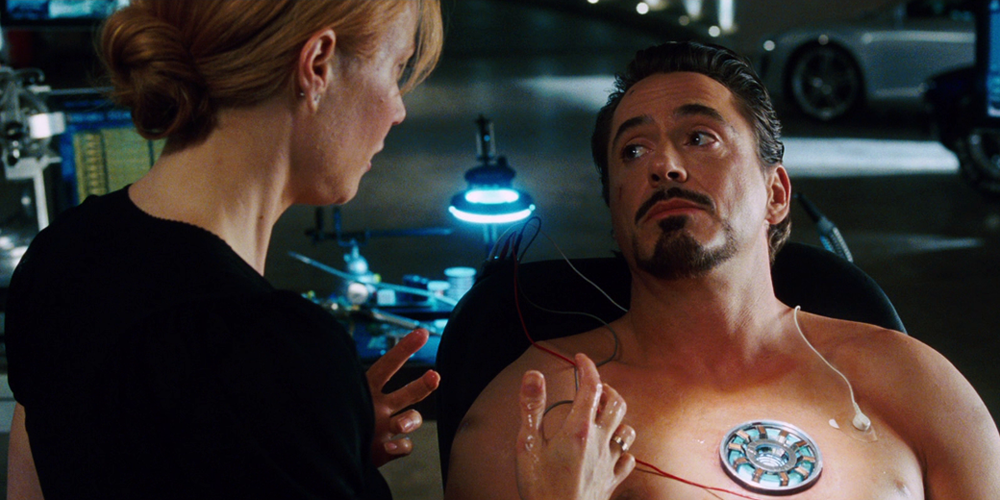
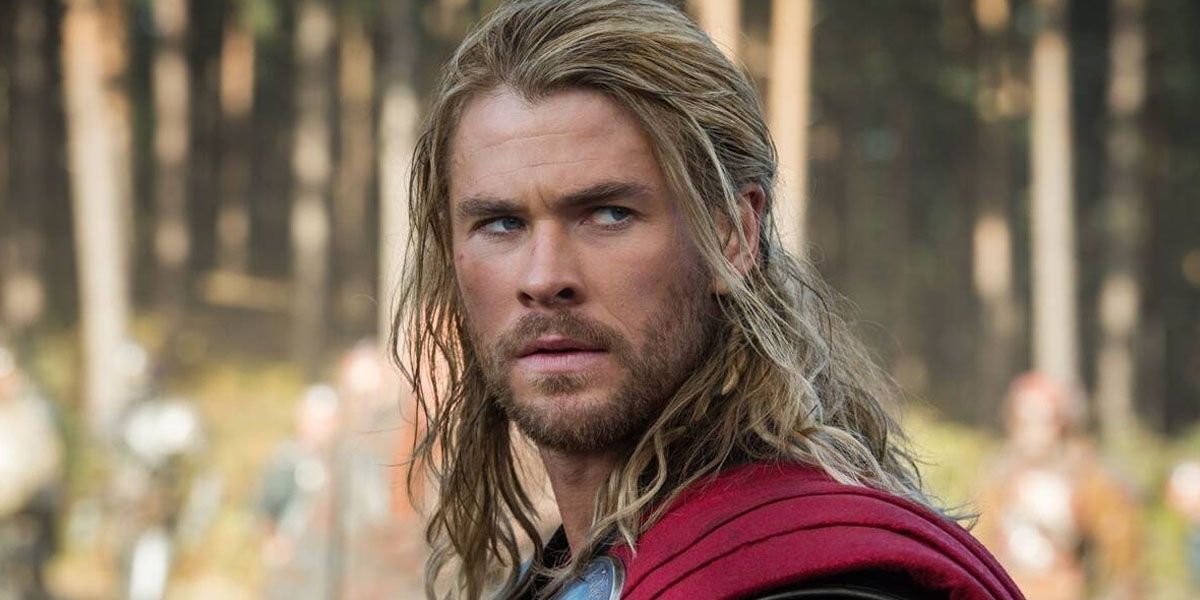
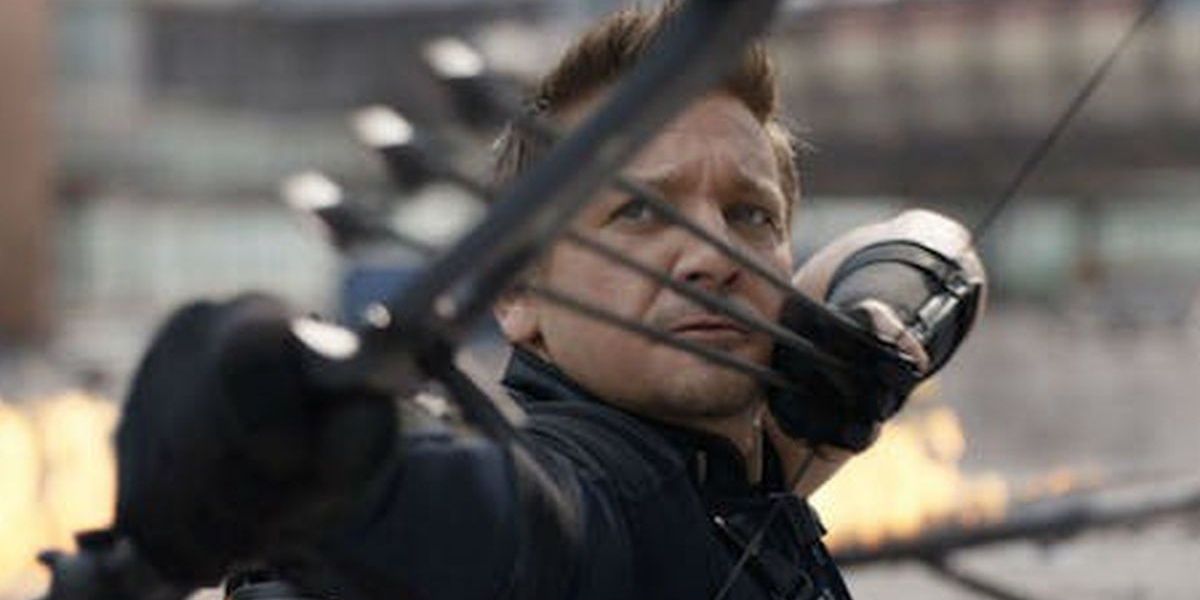
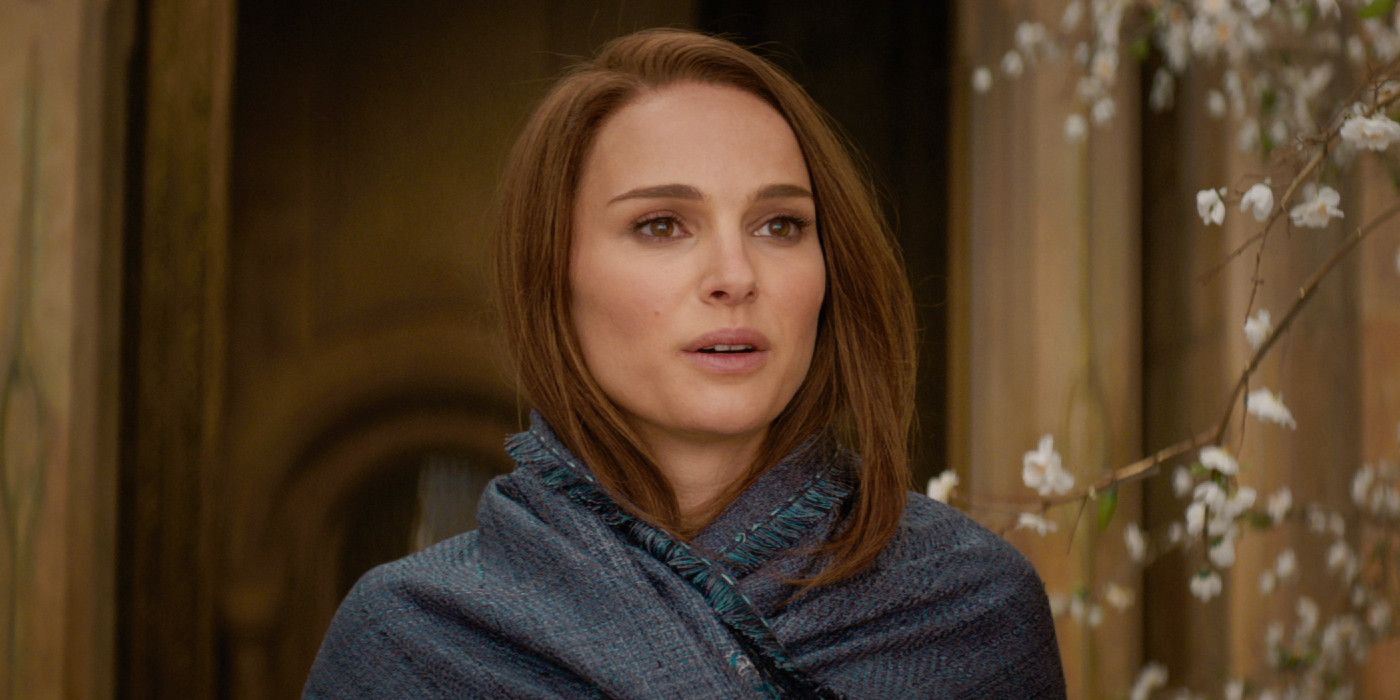

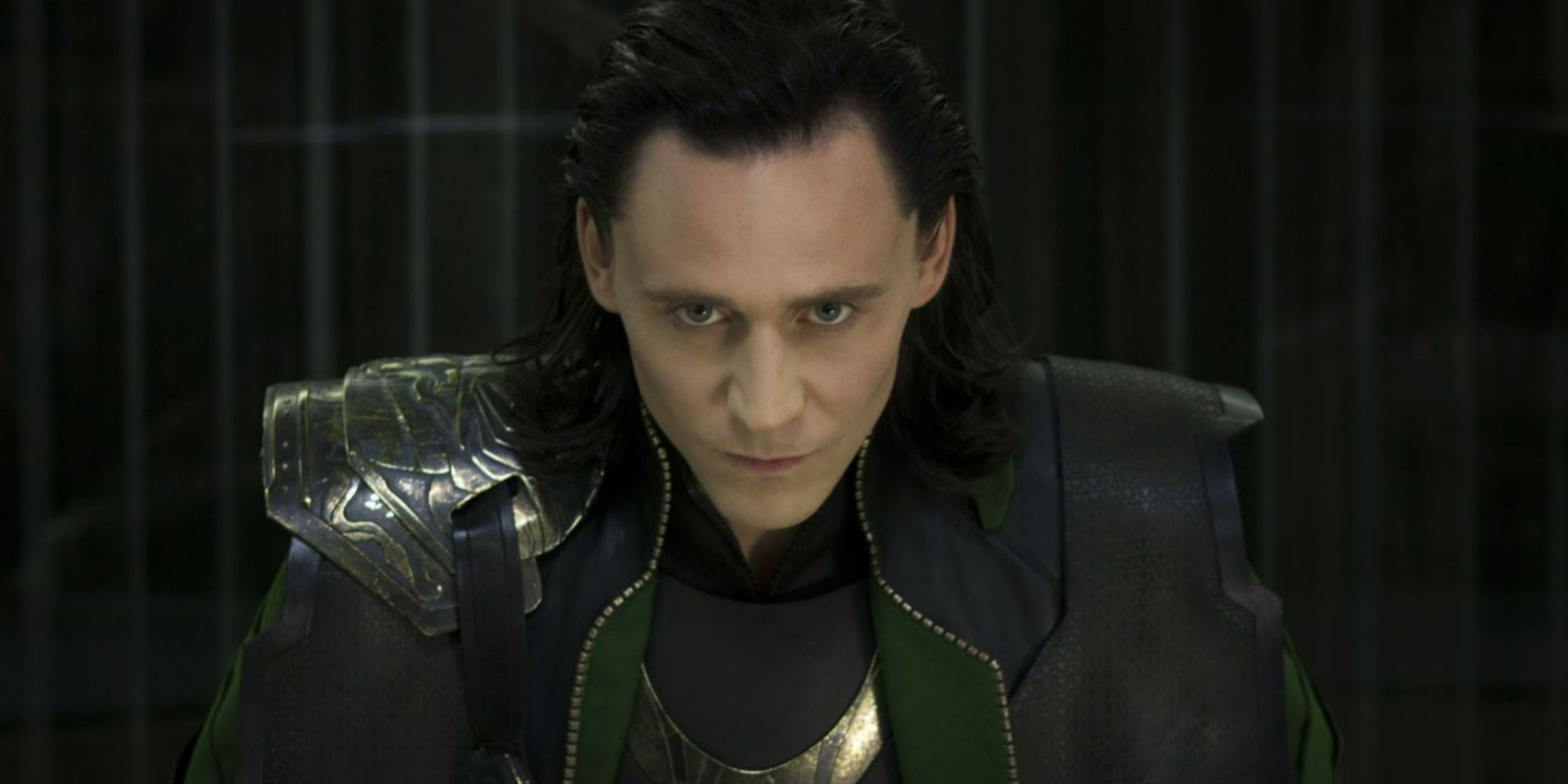
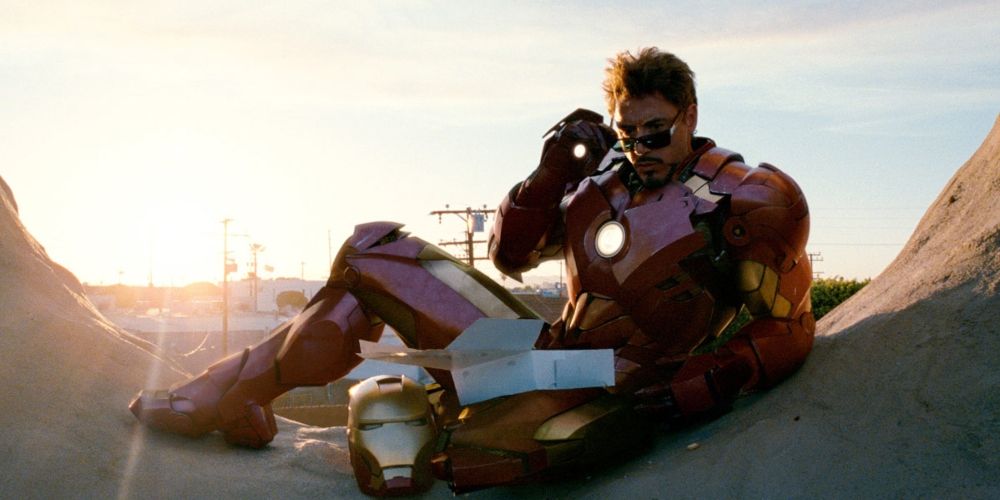
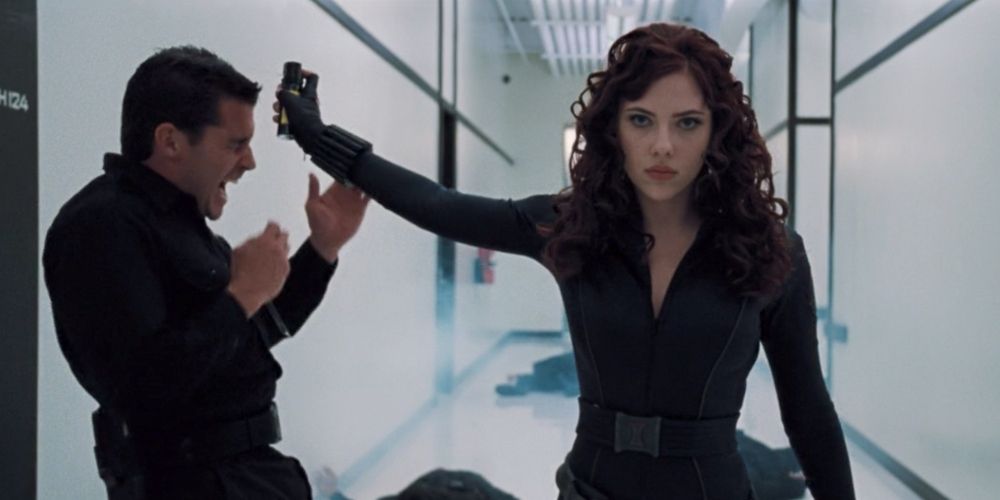
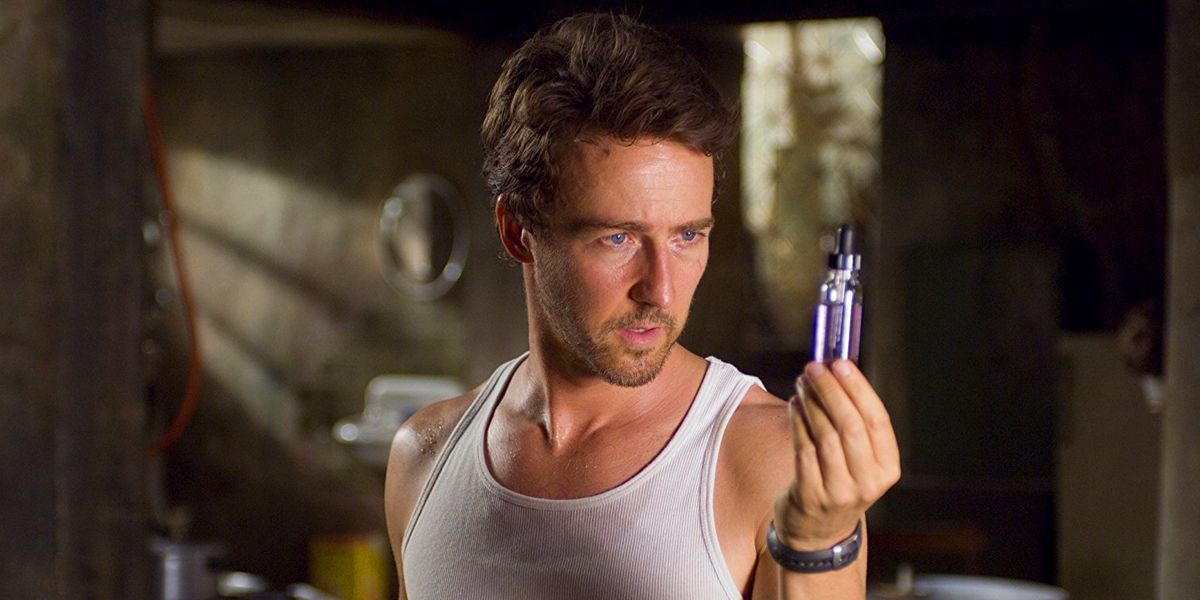
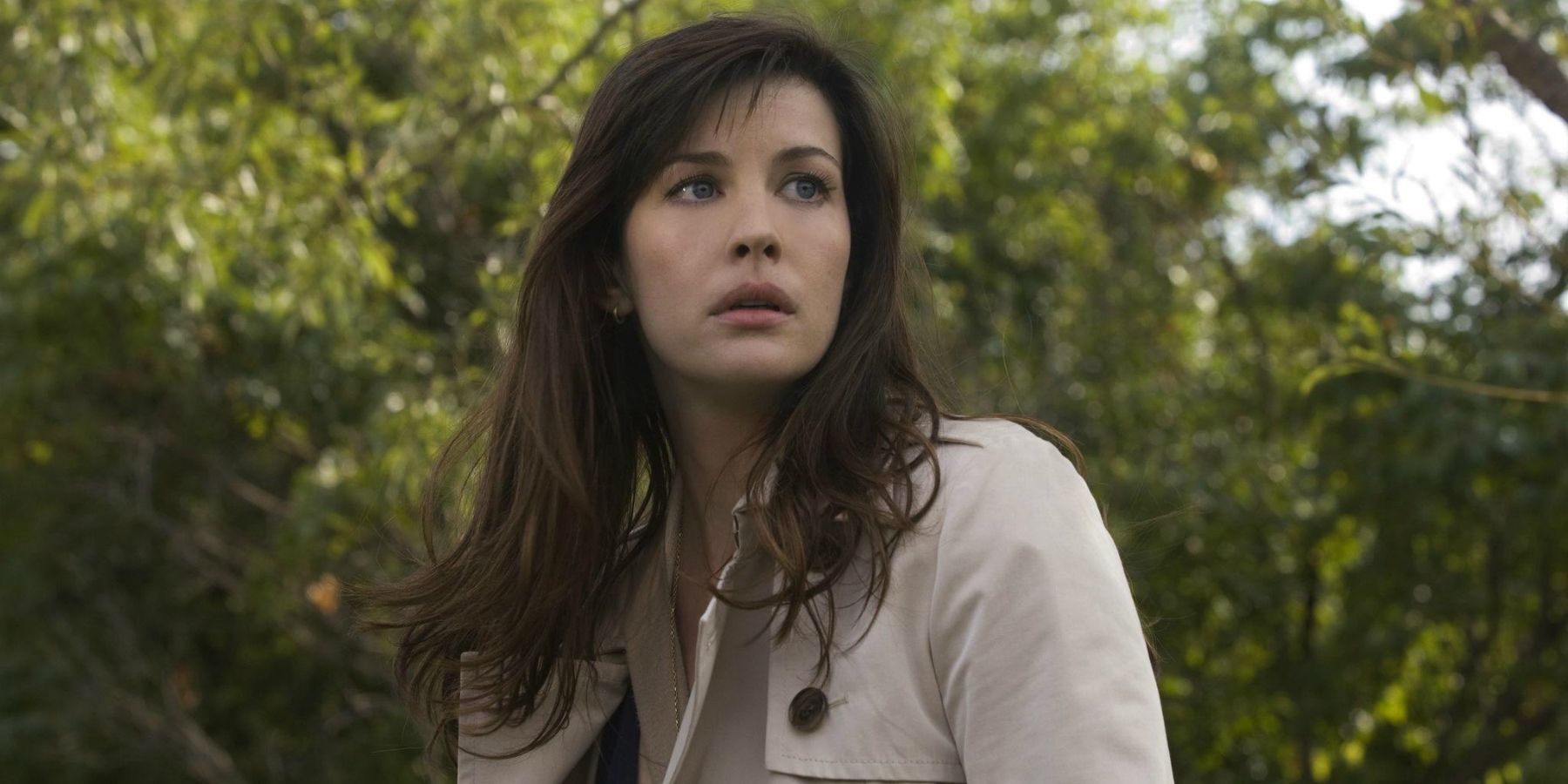
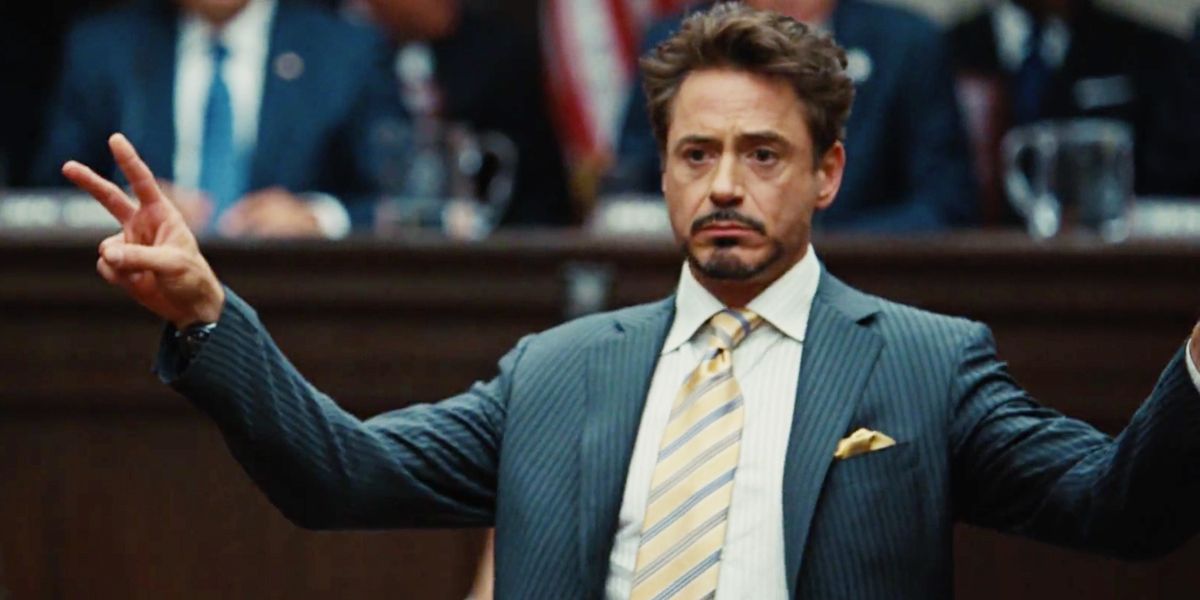
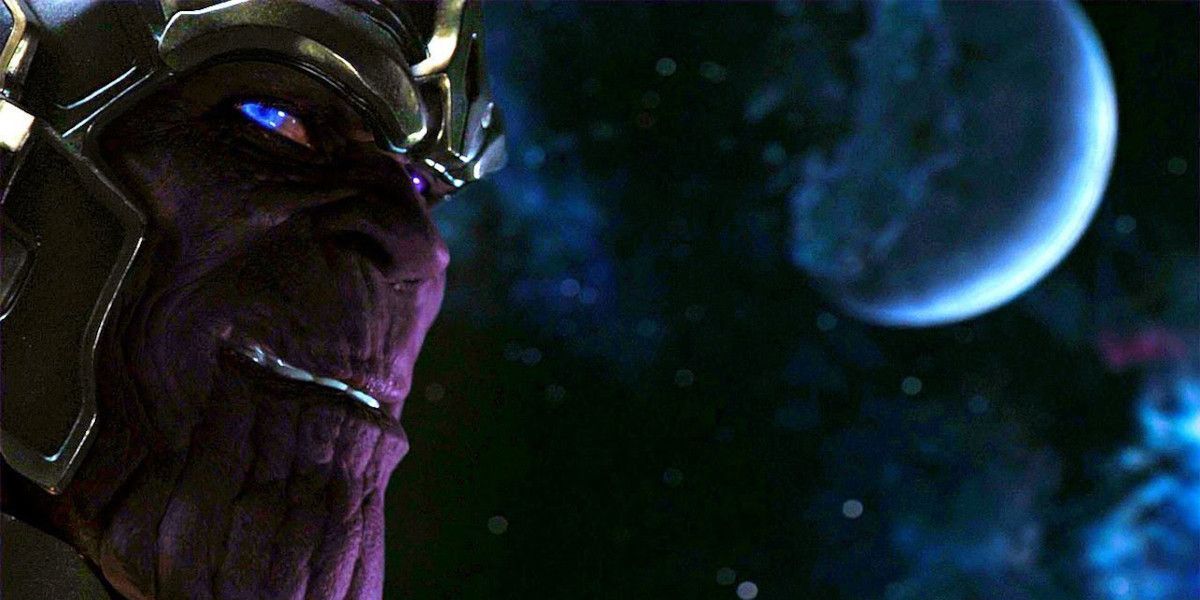
.jpg)
